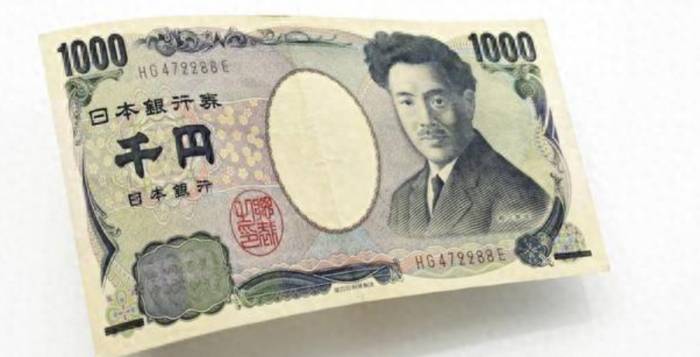- 2024-07-06
- 77 comments
Is Yen Depreciation Beneficial for Exports?
In the past two days, the Japanese yen has depreciated significantly against the US dollar, and there are many bizarre claims circulating online.
One claim is that the depreciation of the yen against the dollar is a good thing because it benefits Japan's exports and foreign trade, representing a sophisticated strategy by Japan's management.
These people are really making outrageous claims without any basis. If they had bothered to check Japan's foreign trade data over the past few years, they wouldn't make such superficial remarks. So, how has Japan's trade data performed in recent years under significant currency depreciation? Let me list it for you.
Let's start with 2019, before the yen depreciated against the dollar. That year, Japan achieved a trade surplus of 55.36 trillion yen, which was quite decent.
Then, in 2021, the yen began to depreciate sharply against the dollar. You might think that Japan's trade surplus should have skyrocketed, right? After all, a weaker yen is supposed to be good for exports. But the reality was: that year, Japan's trade surplus turned into a deficit, with a deficit of 1.5 trillion yen.
In 2022, the yen further depreciated against the dollar, and Japan's foreign trade situation worsened even more, with a deficit of 19.9 trillion yen, equivalent to 150 billion US dollars. In 2023, with the decline in energy prices and a temporary appreciation of the yen against the dollar, Japan's trade deficit narrowed, but it was still as high as 9.29 trillion yen.
Advertisement
This is the so-called consequence of yen depreciation being beneficial to exports. Over three years, Japan accumulated a deficit of 33 trillion yen, losing more than 200 billion US dollars. Reality is slapping them in the face.
So, the claim that yen depreciation is beneficial to Japan's exports and foreign trade is sheer nonsense; the purpose of your exports is to make money, not to lose it. If you lose more as the currency depreciates, are you devaluing for the sake of global charity?These people, they don't even speak basic logic. They've forgotten that devaluation could make export prices potentially lower, stimulating some exports; but it could also lead to a surge in import prices, making your exports unprofitable.
In fact, over the past three years, the total value of Japan's exports and the unit price of exports, when measured in yen, have both increased by 30%, with the total volume of exports remaining essentially unchanged. However, the total value of imports and the average price of imports have soared by a factor of two, especially in the case of energy and industrial raw materials, which have seen significant increases.
We also know that Japan is a country with an energy self-sufficiency rate of only 10%, and its resource self-sufficiency rate is particularly low. Therefore, most of the energy and industrial raw materials needed by Japan's manufacturing industry are imported.
The surge in import prices means that the costs for Japanese manufacturing enterprises have skyrocketed, to an extent that far exceeds the rise in Japanese export prices. After offsetting both sides, the profits of Japanese manufacturing enterprises have been significantly weakened, and they are even suffering consecutive losses.
Looking solely from the perspective of foreign trade, including the manufacturing industry in Japan, has accumulated a loss of 33 trillion yen over the past three years, equivalent to 220 billion US dollars.
Domestically, the situation is even worse. Due to the cost pressure brought about by the surge in import prices, Japanese manufacturing cannot pass on the increased costs through higher export prices to foreigners; thus, they can only bear the burden themselves, making the Japanese people the most unfortunate victims.
The recent surge in domestic prices in Japan and the resulting public discontent are the dire consequences of inflation brought about by the yen's devaluation and the skyrocketing import prices.

3
Such a situation, where the trade deficit leads to losses and the domestic population suffers from the yen's devaluation, some people actually claim it to be a good thing, and that it is a predetermined strategy of Japan's management.